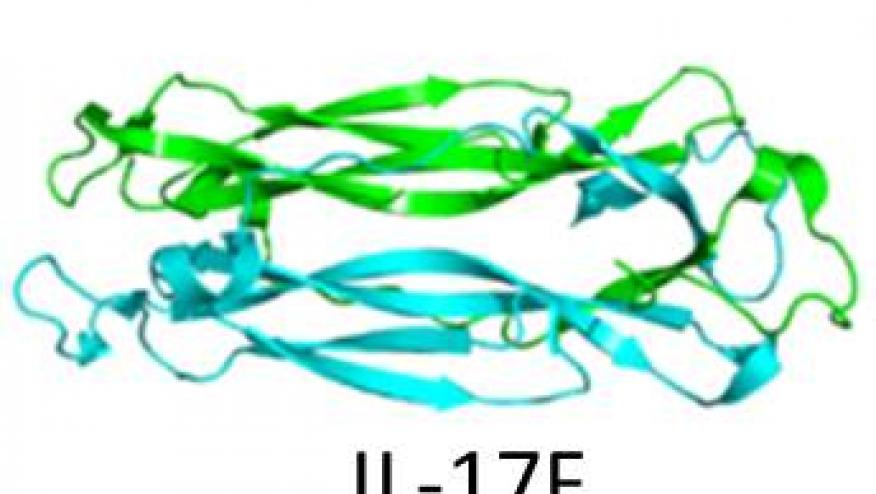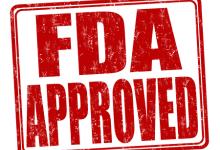Might IL-17 Inhibition Be Effective in RA? Save

Interleukin 17 (IL-17) inhibitors are highly effective and FDA approved for use in psoriasis, psoriatic arthritis and ankylosing spondylitis. However, many of the initial trials were done in rheumatoid arthritis (RA) where it was projected to be effective, but was not. A recent metanalysis examines whether IL-17 inhibition may be effective in two RA populations: biologic-naïve or tumor necrosis factor inhibitor inadequate responders (TNF-IR).
A systematic literature review identified 10 studies and 2499 RA patients who were treated with IL-17 inhibitors.
Interestingly they found that IL-17 inhibition demonstrated significantly better (than placebo) ACR50 (RR = 1.71, 95% CI 1.23–2.38, P = 0.001) and ACR70 (RR = 2.63, 95% CI 1.10–6.25, P = 0.03) responses in biologic-naïve RA patients.
In biologic naive RA patients IL-17 inhibitors were no better than placebo (RR = 1.34, 95% CI 0.94–1.91, P = 0.11) at achieving ACR20 responses.
For TNF-IR, IL-17 inhibitors were effective in achieving ACR20 (RR = 1.67, 95% CI 1.40–2.00, P 0.00001), ACR50 (RR = 1.94, 95% CI 1.43–2.63, P 0.0001), and ACR70 (RR = 2.11, 95% CI 1.26–3.55, P = 0.005) compared to placebo.
Safety-wise IL-17 inhibitors did not show increased risk of any AEs by comparing to placebo in these trials.
IL-17 inhibitors were effective in the treatment of RA without increased risk of AEs, whether for biologic-naïve patients or TNF-IR.
While some anti-IL-17 trials in RA failed to meet their primary endpoints, these data suggest that there may be a subset of RA patients who can reliably achieve higher end responses (ACR20, ACR50) through IL-17 inhibition.










If you are a health practitioner, you may Login/Register to comment.
Due to the nature of these comment forums, only health practitioners are allowed to comment at this time.